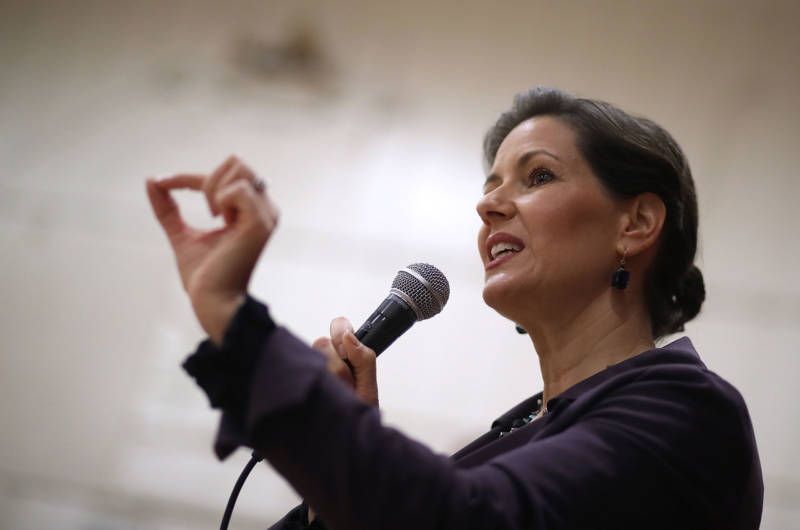Oakland Mayor Libby Schaaf said Thursday she wants the courts to decide the legality of a contentious parcel tax rather than put a replacement measure on the 2020 ballot, and she says she’ll fight any effort to water down the original measure.
Measure AA, on the November 2018 ballot, aimed to raise $30 million annually for early childhood education for 30 years. But it has been mired in controversy after the City Council voted to certify its passage last December. The measure received only 62 percent of the vote, but election material given to voters prior to the election stated two-thirds voter approval was required for passage.
The city was then hit by a lawsuit in February by several homeowners and landlords and the Jobs and Housing Coalition, a business lobbying group. The Coalition’s CEO, Greg McConnell, argues that Measure AA is illegal because it failed to meet the higher voting threshold requirement.
“We think it’s important that the voters trust the process,” McConnell said.
In response to the lawsuit, the City Council voted this week to postpone collecting the tax, infuriating Schaaf, who strongly backed the measure. Schaaf said she would continue to fight for Oakland’s low-income children and their right to a college education and “oppose any effort that attempts to sell them out.”

